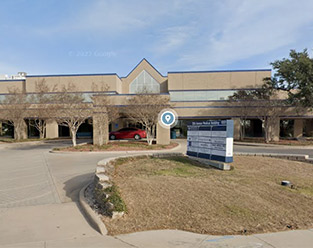Glossary of Workers’ Compensation
is the average amount of weekly wages you earned during the 13 weeks immediately before your work-related injury or illness occurred. Income and death benefit payments are based on your average weekly wage.
is an employer with whom the injured employee filed a claim for workers' compensation benefits and for whom the injured employee was working at the time of the on-the-job injury.
is when a work-related injury or illness causes you to lose the ability to earn your weekly wages. Disability refers to your inability to earn an income, not to a physical handicap.
is the percentage of permanent physical damage to your body that resulted from a work-related injury or illness.
is the maximum amount of weekly benefits an employee may receive. This maximum benefit amount may not exceed the state average weekly wage (SAWW), rounded to the nearest whole dollar, as follows:
- Temporary Income Benefits (TIBs) = 100% of SAWW
- Impairment Income Benefits (IIBs) = 70% of SAWW
- Supplemental Income Benefits (SIBs) = 70% of SAWW
- Lifetime Income Benefits (LIBS) = 100% of SAWW
- Death Benefits (DBS) = 100% of SAWW
TDI-DWC computes the maximum weekly income benefit for each year (October 1st through September 30th) no later than October 1st of each year.
is the earlier of:
- the point in time when your work-related injury or illness has improved as much as it is going to improve or;
- 104 weeks from the date you became eligible to receive temporary income benefits.
is the minimum amount of weekly benefits an employee may receive. The minimum benefit amount is 15 percent of the state average weekly wage, rounded to the nearest whole dollar. TDI-DWC computes the minimum weekly income benefit for each year (October 1st through September 30th) no later than October 1st of each year.
means an employee has more than one employer.
is an employer, other than the claim employer, by whom the employee was employed at the time of the on-the-job injury.
are wages in a form other than money (i.e., health insurance premiums, vehicle, clothing, or rent/housing).
are wages in the form of money (i.e., salary, commissions, and bonuses). Wages include all forms of payment for a given period to an employee for personal services. The term includes the market value of room and board, laundry, fuel, and any other benefit that can be estimated in money that the employee receives from the employer as part of the employee’s pay.
is equal to 88% of the average weekly wage in covered employment computed by the Texas Workforce Commission under §207.002(c).
-Cited from TDI.TEXAS.GOV.





